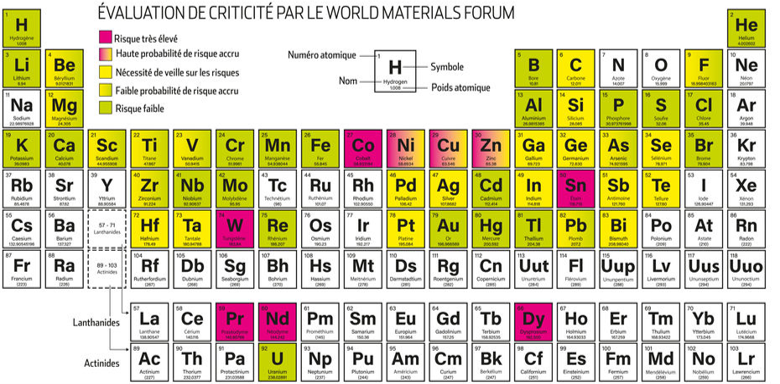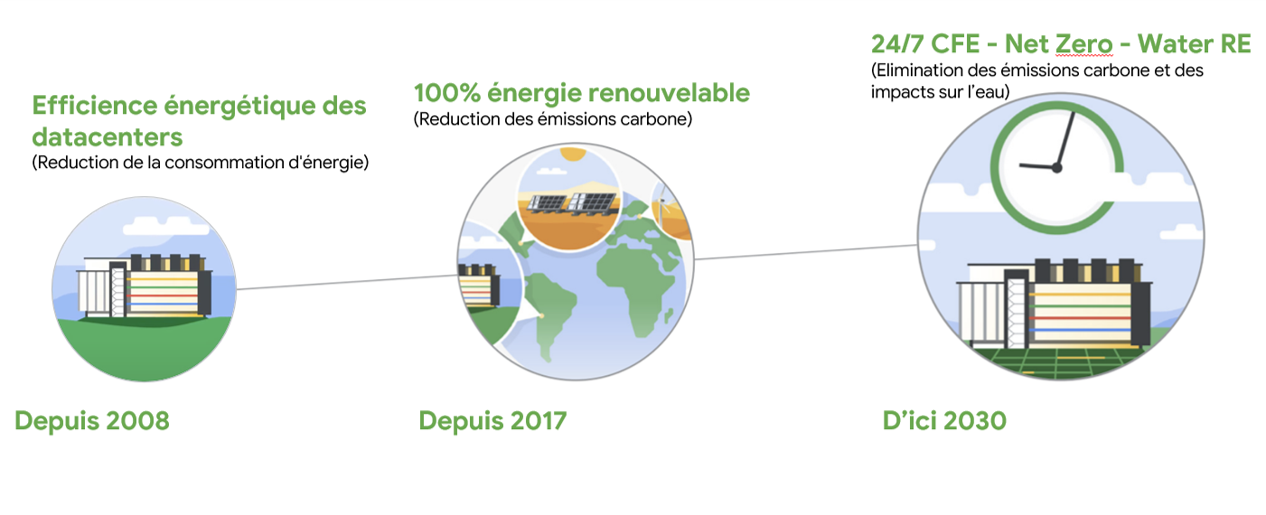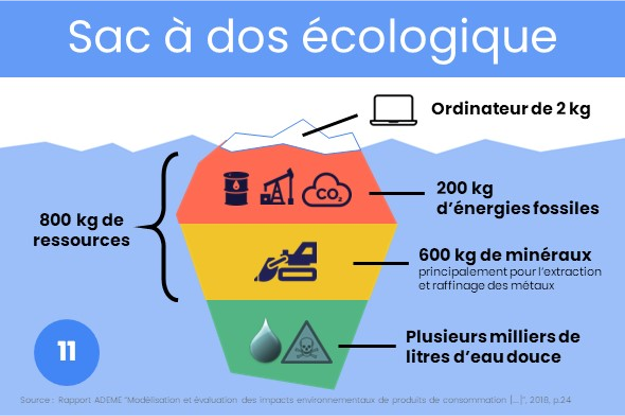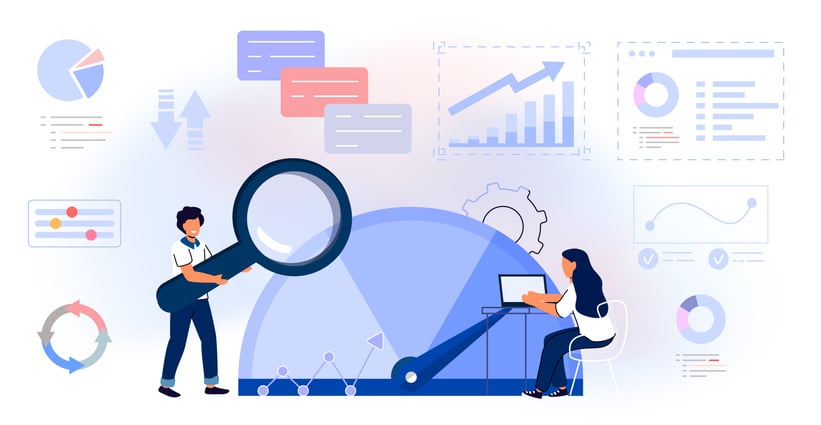In a context of global climate change, the energy footprint of companies is increasingly scrutinized by their direct ecosystem, various governmental bodies, as well as their employees. Indeed, the digital sector accounts for 4% of greenhouse gas emissions with a continually growing trend. Additionally, the growing importance of IT departments within organizations, accompanied by increased manufacturing and usage of IT equipment, raises questions about resource overconsumption by communication infrastructures. Green IT thus emerges as one of the action levers, aiming to minimize companies' environmental impact through better management of their IT systems.
Actions Undertaken
- Responsible Digital Charter
- Removal of user terminals
- Data Center engagement
- Code analysis
- Recycling
- Donations to NGOs
- Cultural awareness
- Telecommuting
Key Figures
- 4% of global emissions are produced by the digital sector
- 10% of electricity produced is consumed by the digital sector
- 30 rarefied raw materials
- Only 17.4% of digital materials are recycled
| Greenhouse gas assessment | Manufacturing | Use | Total |
| Terminals |
40% |
26% | 66% |
| Network | 3% | 16% | 19% |
| Data centers | 1% | 14% | 15% |
| 44% | 56% |

Identified Action Levers by Aneo Across 4 Axes
To activate these levers, four main action points are distinguished: Software, Cloud and DevOps, Infrastructure, and Transformation. Acting on Software involves optimizing applications and operating systems to consume fewer resources and less energy. Utilizing Cloud and DevOps solutions optimizes the use of IT resources by employing containerized and scalable environments. Adopting a more responsible Infrastructure involves extending the lifespan of terminals and servers and exercising more restraint in hardware purchases. Finally, Transformation entails integrating environmental concerns into companies' strategic choices.
"A key aspect is engaging end users in the equipment renewal policy, for example by giving them the choice to extend the life of their equipment"

"What proportion of RSE criteria should be given in the choice of suppliers?" - A Mutual Insurance Company's CSR Manager
Approach to Activating These Levers
Aneo, drawing from its Agile DNA, has designed an iterative approach. This approach involves measuring results to identify high-impact priority actions, planning these actions over a period of 3 to 6 months, implementing identified projects, and then re-measuring to validate actions and set new priorities. This iterative and adaptable approach facilitates entering into a virtuous cycle, and cross-cultural awareness strengthens team knowledge to foster the emergence of new responsible practice communities.
.png)
"An iterative and collective approach is the key to transition" - Baptiste Macé
Focus on Measurement Tools
There exists a range of measurement tools covering the four identified levers: Code analysis enhances software quality, CPU/RAM consumption monitoring is crucial in adapting Cloud DevOps approaches, Carbon footprint assessment highlights server infrastructures and terminals with the largest carbon footprints, and Maturity diagnostics prioritize projects to retain only those yielding the most value.
"We are still in the early stages of measurement, but already some tools and actors stand out" - Baptiste Macé
.png)
Key Takeaways from Google's Intervention
Google has implemented an ambitious strategy to reduce greenhouse gas emissions (GHGs) based on energy efficiency, renewable energies, and carbon offsetting. They optimize the energy efficiency of their data centers and offices, use renewable energies to power their operations, and invest in carbon offset projects. Their strategy is ambitious and innovative, and Google sets an example in the application of Green IT on a large scale.
"With an additional financing strategy for green electricity production infrastructure, Google is a major player in the energy transition" - Vincent Poncet

"By 2030, Google pledges to consume only decarbonized energy" - Vincent Poncet
Green IT Awareness Organizations
Numerous organizations offer awareness modules on environmental issues, such as INR, the Digital Fresco, or INRIA.
While solutions exist, leaders and teams are aware of the issues and wish to move forward, there is no one-size-fits-all approach; it depends greatly on the context, chosen strategy, organizational maturity, available skills, and the typology of the IT system.




